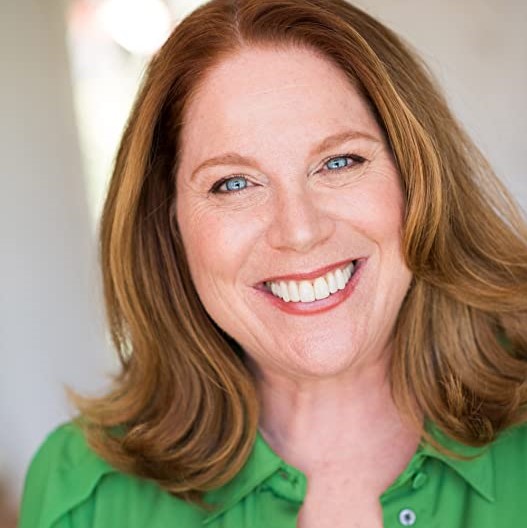
Grief in America: After the Texas Shooting
Guestpert
Dr. Sheila Forman
Category
today's headlines
Dr. Sheila Forman, a former practicing attorney, has PhD in psychology, and is a one of the first qualified Mindfulness Based Eating Awareness Training (MB EAT) Instructors in the world. Often characterized as having the mind of a lawyer and the heart of a therapist, Dr. Sheila has devoted over twenty years to helping people address weight and food issues by focusing on the emotional aspects of overeating.
It seems as if we can’t turn on the TV these days without hearing about another school shooting. The shooting at an elementary school in Uvalde, Texas marks the 27th such shooting this year, and it comes a mere 10 days after the shooting at a supermarket in Buffalo, N.Y. that killed 10 people. Even if we were not directed impacted by these tragedies, parents and children around the country are grieving these losses. Some believe that grief only happens when we are specifically affected by a loss, but that is not true. We can feel the pain others feel. We can imagine what such a loss would mean for us. These are appropriate responses to these events and these responses reflect grief. What is grief? And how do we grieve such a tragedy? Dr. Sheila Forman is both a clinical psychologist and attorney and comments often on the psychological and legal issues affecting our society today.
- When people experience a loss, they generally go through 5 stages of grief: denial, anger, depression, bargaining, and acceptance.
- When a person has a healthy response to grief, they: Feel their feelings; Move through the stages of grief; Get psychological help and/or support; Become motivated to fight a cause or start a foundation
- When a person has an unhealthy response to grief, they: Avoid or deny their feelings or experience; Engage in self-destructive behavior
Attempt to get rid of everything associated with the loss; How we react to other’s grief says a lot about who we are. - Negative reactions to others include: General discomfort with their distraught feelings; An urge to make them “get over it”;
Judgments about what they “should” be feeling - What we need in response to other’s grief is: Empathy; Patience; Love; Support
- Grief binds people together. It is not unusual for such events to lead to strong connections. Finding each other and building new lives can be a positive response to a horrible situation.
For more information on Dr. Sheila Forman or to book her for an appearance, please go to www.DrSheilaForman.com or call 310-828-8004.
Contact info:
2708 Wilshire Blvd., #423
Santa Monica, CA 90403
310-828-8004
(cell) 310-995-2529
Email: DrSheilaForman@msn.com
Website: www.DrSheilaForman.com
